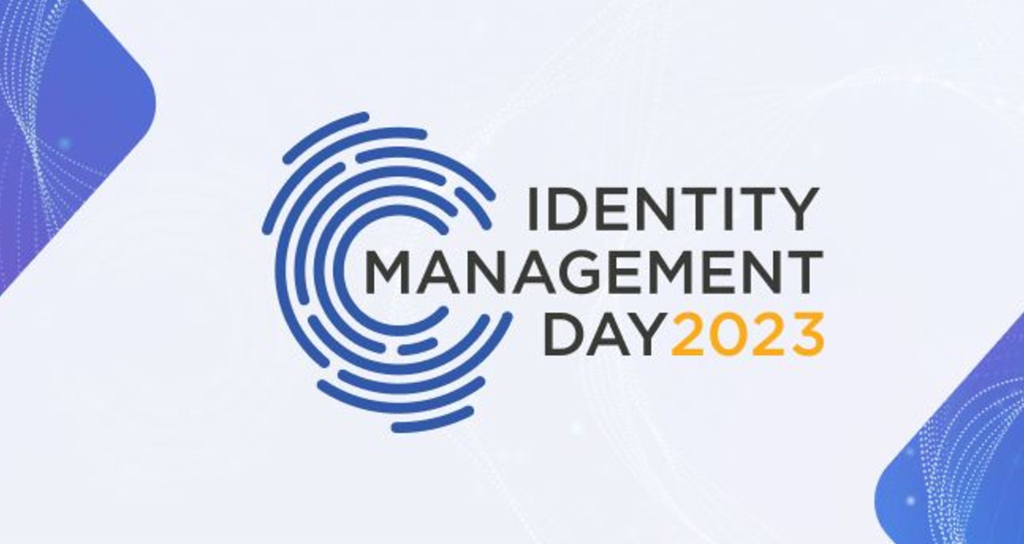Organizations are prone to many cyber attacks like ransomware threats and they are required to implement robust security measures and frequently update their systems to protect themselves from such outbreaks. According to IBM report 2023, 95% of global organizations have experienced more than one breach and incurred heavy losses.
MSSPs deployment of advanced security monitoring tools and response capabilities to monitor the customer’s network, endpoint and systems round- the- clock, enhances the security posture of the Small and Medium-sized Enterprises. They minimize the impact of potential breaches through their timely threat detection.
- 1. Threat Monitoring and Detection: MSSPs have advanced security tools and technologies to monitor networks, systems, and applications for potential threats and security incidents. They can detect and respond to security events promptly, reducing the risk of data breaches or other cyber-attacks. This proactive approach helps SMEs stay protected and avoid costly security incidents.
- 2. Incident Response and Remediation: MSSPs have the expertise to properly investigate, contain, and resolve the issue in the case of a security incident. Their experienced security analysts can guide SMEs through incident response processes, minimizing the impact and ensuring a swift recovery. This capability is crucial for SMEs that may lack in-house resources or expertise to handle complex security incidents.
- 3. Focus on Core Business: Managed Security Service Providers possess a comprehensive set of Tactics, Techniques and Procedures (TTPs) that enable them to deliver a holistic approach to Cybersecurity. They leverage a diverse range of methodologies and operational procedures to address various security challenges and protect their clients. They allow the SME’s to stay focused in their business without the concerns of safeguarding their digital assets which increase more productivity in their scores.
- 4. Identity and Access Management (IAM) Services: MSSPs provide Identity and Access Management (IAM) services to SMEs to assist them in managing user identities, access controls, and ensuring secure authentication and authorization. These services include Single Sign-On (SSO), which enables users to log in once and access multiple applications and systems without the need for separate logins, and Multi-Factor Authentication (MFA), which lowers the risk of unauthorized access, particularly in situations where passwords alone may be compromised. MSSPs can help SMEs manage user accounts effectively throughout their lifetimes, including user provisioning, onboarding, and offboarding. They can also help SMEs implement secure password management solutions, such as password policies, password vaults, and password reset mechanisms, which help SMEs enforce strong password practices, lower the risk of password-related attacks, and make password management for end users easier.
- 5. Security Device Management: Security tools including firewalls, intrusion detection systems, and antivirus programs are used by many SMEs. These devices can be managed, watched over, and updated by MSSPs, ensuring that they are current and set for maximum security. This offloads the burden of device management from SMEs.
- 6. Cloud Security Services: To assist small and medium-sized businesses in protecting their data, apps, and infrastructure in the cloud, Managed Security Service Providers provide a range of cloud security services. MSSPs conduct an initial assessment to understand existing cloud infrastructure to identify the potential risks and critical assets to define a deployment plan. Implementing a Cloud Access Security Broker (CASB) provides visibility, control and security for cloud-based applications and data for SME’s as they act as intermediaries between cloud service users and cloud service providers. The MSSP will access the ongoing IT infrastructure and define a cloud architecture that meets the security objectives of SMEs. They establish strong authentication mechanisms, Role-Based Access Controls (RBAC), network segmentation, encryption protocols and Intrusion Detection and Prevention Systems (IDPS).
- 7. Vulnerability Management: MSSPs can conduct vulnerability assessments and penetration testing to identify weaknesses in SMEs' systems and applications. They can provide actionable recommendations to remediate vulnerabilities, helping SMEs strengthen their security posture. By proactively addressing vulnerabilities, Small and Medium- sized Enterprises can minimize the risk of exploitation by cybercriminals.
- 8. Security Compliance: Compliance with industry regulations and standards is essential for Small and Medium-sized Enterprises, particularly those operating in highly regulated sectors such as healthcare or finance. MSSPs can assist SMEs in understanding and meeting compliance requirements. They can help implement security controls, conduct audits, and generate compliance reports, ensuring SMEs adhere to relevant regulations and avoid penalties.
Partnering with an MSSP like Wydur will enable Small and Medium-sized Enterprises to strengthen their security defenses, meet compliance requirements, and reduce the risks associated with cyber threats, ultimately fostering business growth and success.
Partner with WYDUR today and discover the power of our Managed Security Services





